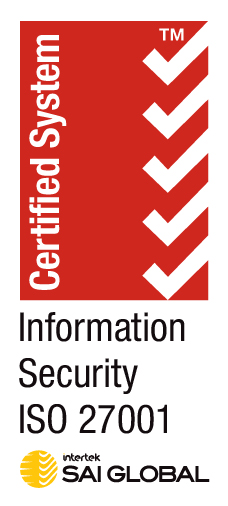How to De-Risk and Deliver a Multi-Year IT Project
To de-risk and deliver multi-year IT projects, it’s crucial to embrace flexibility, transparency, and early feedback. Agile methodologies, which focus on launching early with essential features, play a key role in managing risks. Success also hinges on stakeholder engagement, adaptive governance, transparent contracting, and automation. Regular feedback, open communication, and trust among teams and clients are fundamental to overcoming challenges and ensuring project success in 2024’s complex IT landscape. Read More…











